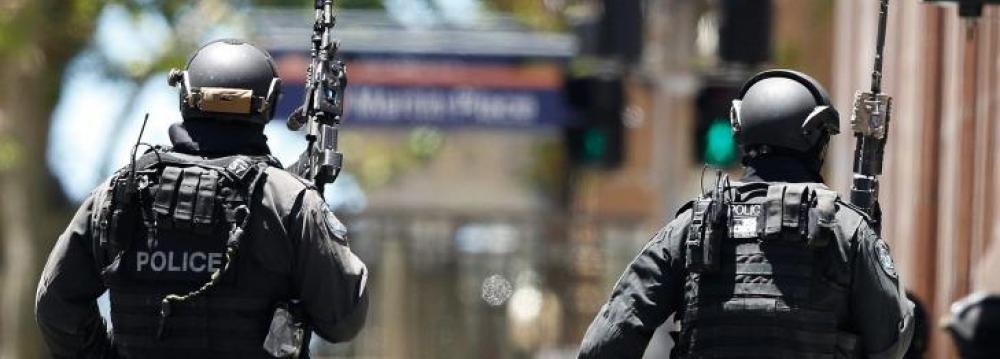Muhammad Youssef Abdulazeez, a 24-year-old US citizen, opened fire in July at two military sites in Chattanooga, Tennessee, killing five. This act of local horror was also one of national significance, for it vindicated the late US diplomat and strategist George F. Kennan’s warning that American foreign policymakers should hold in check their urge to act, especially militarily. One can never know when the blowback will come, Kennan warned, but it will.
Indeed, unforeseeable consequences were precisely what concerned Kennan when the US charged into Afghanistan in 2001 and Iraq two years later, Nina L. Khrushcheva wrote for Project Syndicate.
Following the terrorist attacks of September 11, 2001, Americans asked, “Why do they hate us?” Yet, though the US has experienced no attack on its soil since then, former US president George W. Bush’s administration pursued, virtually unchecked, the destruction of two Muslim countries; the devastation has continued beyond Bush’s tenure with an ever-intensifying campaign of drone strikes.
These policies have helped push Afghanistan to the precipice of state failure, while opening the way for the Islamic State to take over more than one-third of Iraq’s territory.
To be sure, US criminal investigators have not officially identified the motives of the Kuwaiti-born Abdulazeez, who does not seem to have belonged to a terror network. But there is plenty of precedent for an alienated and disenchanted young man, brought up in the West (Abdulazeez attended high school and college in Chattanooga), to seek a cause worth fighting for.
As soon as the word “Islam” appears, western media start painting such “lone wolves” as agents of some vast Islamic conspiracy, rather than deeply wounded and desperate individuals. Such an interpretation makes the act easier to understand: A cog in a terrorist network would be compelled, even brainwashed, to mount such an attack. But when the attacker is a solitary individual, an American citizen, no less, it raises serious questions about the system from which he or she (though almost always a he in these cases) emerged.
According to some press accounts, Abdulazeez felt a sense of failure at his inability to meet America’s standard of success, of which money is the primary measure. Another question about the US system stems from the refusal of Abdulazeez’s health insurer to approve his participation in an in-patient drug and alcohol program.
This is far from the first time the US has experienced a mass murder by someone whose mental-health issues, including addiction, had been overlooked. Does this reflect a systemic failure? More fundamentally, does it controvert America’s principles?
Rather than considering such questions, the US remains focused on the external scourge of the so-called “Islamic terrorism.” Kennan recognized this tendency decades ago, when he warned that shortsighted policies at home and abroad had already put America in a vulnerable position.
Kennan warned that America’s wars in Afghanistan and Iraq would only fuel more hatred and frustration, which would eventually blow back onto the US.
“The failure to fit the system makes people attack that system … so it is never wise to bomb nations to freedom.”


